#15th century England
Explore tagged Tumblr posts
Text
The Starks and the Boltons = The Percys and The Nevilles
GRRM is known to draw inspiration from real life history for ASOIAF. He confirmed that houses Lannister and Stark are inspired by Lancaster and York, the two Plantagenet branches that waged war for the english crown in the 15th century. But I think another inspiration (and way closer parallel) that tends to be missed is that of House Percy, and how they were basically the english Starks.
The Percys were at the heart of northern identity and politics. They held the Earldom of Northumberland and Bamburgh Castle, a land and seat that were bathed in a very, very long history of anglo-saxon kingship, as Northumberland was once the capital of the Kingdom of Northumbria, ruled by the House of Bebbanburg from Bamburgh Castle, and Northumbria's territory was composed of basically all of northern England! Because of this symbolic holding and their land power, the Percys were almost seen as Kings in the North (unoficially of course). I should point out that the northern medieval english were closer to their anglo-saxon roots ethnically and genetically, unlike the south which adopted more Norman customs and blood when William the Conqueror did his thing in 1066. So, a signicant connection to that past mattered a lot in the North.
There was even a phrase in northern England, which was this:
'The North knows no Prince but a Percy'.
I don't think I need to say which phrase this one inspired in the world of ASOIAF.
I would also like to add that the Percy sigil was a wild animal of a cold color, here it is:

Now, let's look at the Nevilles. They were also a northern family that rose to prominence when they became the Earls of Westmorland. This was okay at first for the Percys since they were older and held Bamburgh Castle, but the Nevilles were grasping and soon they started gaining more lands through strategic marriages, absorbing two Earldoms in the south of England and gaining many lands in the North as well, some of which were under Percy domain. But things got even worse when Cecily Neville was married to the Duke of York, cousin to the King of England, and her nephew Richard Neville installed her son, Edward IV, as the new King after the first stages of the Wars of the Roses (York vs Lancaster) took place. The new royal family became the House of York, whose King was half Neville, the House also mainly responsable for the yorkist victory.
Meanwhile, the Percys were lancastrians, and they payed the price for that. Edward IV stripped the Percys from the title of Earls of Northurmberland and gave it to a Neville man, making this family (for a time) the new main power in the North.
So we have a northern family taking the north of England with support from the royal family, and so, the southern political regime in general. Now take a look at the sigil of House Neville:
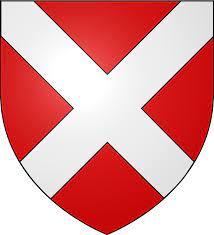
Looks familiar? Red? A cross? GRRM really is a history buff, pouring it into his books and making it cuntier in the process. I mean a bloody flayed man is way cooler for a sigil than a boring white cross.
But to be fair, the Nevilles weren't brutal tyrants like the Boltons, they were just very scheming and opportunistic, favoring southern intrigue rather than northern warring. Taking this into account, and taking into account how independent and wary of southron interference the northern englishmen were, it would be interesting to think about how would have the Nevilles faired if the successfully managed to take the North in a permanent way (they lost Northumberland pretty quickly because of the backlash of the northern nobility to them replacing the Percys and the defeat of House York at the hands of the Tudors).
#Sorry for any typos#asoiaf#asoiaf fandom#a song of ice and fire#game of thrones#westeros#winterfell#house stark#house bolton#house lannister#english history#medieval england#medieval english history#the wars of the roses#the cousin's war#15th century england#historical#medieval fantasy#house of percy#house of neville#the white queen#the white princess#house of york#house of lancaster#edward iv#Henry VI#cecily neville#richard duke of york
27 notes
·
View notes
Text


“My faithful lords and hardy soldiers who have endured so many dangers with me on land and sea, behold again how against our will we are tested in battle. For the Earl of Lincoln—a treacherous man, as you know—is taking up an unjust cause against me completely unprovoked.”
—Henry VII (1485-1509), when dealing with the Simnel rebellion.
Amin, N. “The Notable Triumph”. Henry VII and the Tudor Pretenders: Simnel, Warbeck and Warwick.
#Henry Tudor#King Henry VII#King Henry VII of England#Henry VII#Henry VII of England#House of Tudor#Tudor dynasty#Tudor England#15th century England#late middle ages#battle of stoke#Sam claffin#Tudor history#Tudor#The Tudors#Tudors
5 notes
·
View notes
Text
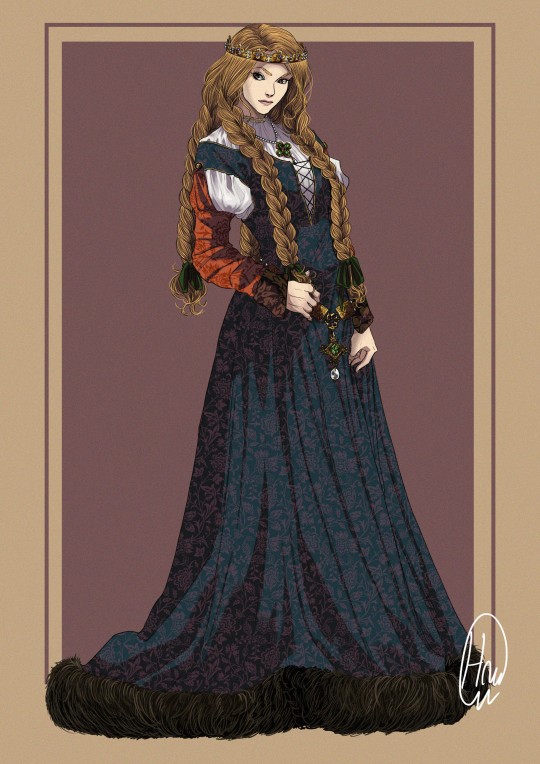
Elizabeth of York, fashion character design, c. 1479.
#the wars of the roses#15th century#medieval#middle ages#historical#british history#medieval england#art#illustration#sketch#edward iv#elizabeth woodville#elizabeth of york#henry vii#henry vi#margaret beaufort#richard iii#the white queen#the white princess#medieval fashion#character design#fanart#oc art#my art#artists on tumblr#medieval costume#house of york#plantagenets
457 notes
·
View notes
Text



RIP my girl Anne Neville. (edit I)
— Rabbit Heart by Florence and The Machine Anne Neville in The White Queen (d. 16 march, 1485)
#minha menina sofreu por amar demais#anne neville#the white queen#periodramaedit#house of york#faye marsay#dailyflicks#cinematv#book adaptation#women in history#queen of england#15th century#richard iii#florence and the machine#lyric edit#by fefa
109 notes
·
View notes
Text

Summer at Great Dixter - Francis Hamel , 2023.
British , b. 1963 -
Oil on linen , 18. x 14 in. 46 x 35.5 cm.
#Francis Hamel#british artist#summer garden#Great Dixter#15th century house#Northiam#East Sussex#England
172 notes
·
View notes
Text




Britain's Bloody Crown + Costumes
Margaret Beaufort's blue & golden wedding dress in Episode 04.
// requested by @garnetbutterflysblog
#Britain's Bloody Crown#Margaret Beaufort#costumes#costume drama#costumesource#period drama#perioddramaedit#1400s#15th century#wedding#blue#gold#Maxstoke#Warwickshire#England#Britain#Europe#requests
306 notes
·
View notes
Text
Wild how we know that Elizabeth Woodville was officially appointed to royal councils in her own right during her husband’s reign and fortified the Tower of London in preparation of a siege while 8-months pregnant and had forces gathering at Westminster “in the queen’s name” in 1483 – only for NONE of these things to be even included, let alone explored, in the vast majority of scholarship and historical novels involving her.
#lol I don't remember writing this - I found it when I was searching for something else in my drafts. But it's 100% true so I had to post it.#elizabeth woodville#my post#Imo this is mainly because Elizabeth's negative historiography has always involved both vilification and diminishment in equal measure.#and because her brand of vilification (femme fatale; intriguer) suggests more indirect/“feminine” than legitimate/forceful types of power#It's still bizarre though-you'd think these would be some of the most famous & defining aspects of Elizabeth's life. But apparently not#I guess she only matters when it comes to marrying Edward and Promoting Her Family and scheming against Richard#There is very lacking interest in her beyond those things even in her traditionally negative depictions#And most of her “reassessments” tend to do diminish her so badly she's rendered utterly irrelevant and almost pathetic by the end of it#Even when some of these things *are* mentioned they're never truly emphasized as they should be.#See: her formal appointment in royal councils. It was highly unconventional + entirely unprecedented for queens in the 14th & 15th century#You'd think this would be incredibly important and highlighted when analyzing late medieval queenship in England but apparently not#Historians are more willing to straight-up INVENT positions & roles for so many other late medieval queens/king's mothers that didn't exist#(not getting into this right now it's too long...)#But somehow acknowledging and discussing Elizabeth's ACTUAL formally appointed role is too much for them I guess#She's either subsumed into the general vilification of her family (never mind that they were known as 'the queen's kin' to actual#contemporaries; they were defined by HER not the other way around) or she's rendered utterly insignificant by historians. Often both.#But at the end of the day her individual role and identity often overlooked or downplayed in both scenarios#and ofc I've said this before but - there has literally never been a proper reassessment of Elizabeth's role in 1483-85 TILL DATE#despite the fact that it's such a sensational and well-known time period in medieval England#This isn't even a Wars of the Roses thing. Both Margaret of Anjou and Margaret Beaufort have had multiple different reassessments#of their roles and positions during their respective crises/upheavals by now;#There is simply a distinct lack of interest in reassessing Elizabeth in a similar way and I think this needs to be acknowledged.#Speaking of which - there's also a persistent habit of analyzing her through the context of Margaret of Anjou or Elizabeth of York#(either as a parallel or a foil) rather than as a historical figure in HER OWN RIGHT#that's also too long to get into I just wanted to point it out because I hate it and I think it's utterly senseless#I've so much to say about how all of this affects her portrayal in historical fiction as well but that's going into a whole other tangent#ofc there are other things but these in particular *really* frustrate me#just felt like ranting a bit in the tags because these are all things that I want to individually discuss someday with proper posts...
100 notes
·
View notes
Text
What does a 15th century manuscript sound like? Listen to LJS 61, a Register of writs from regnal year 13 of Richard II (1390) to regnal year 8 of Henry IV (1407). This book was made in London, with portions written ca. 1407 and 1427. The pages are parchment, the covers are late 15th-century calf over wooden boards.
🔗:
#asmr#asmr video#manuscript asmr#manuscript#medieval manuscript#15th century#parchment#page turning#register of writs#england#london#regnal writs#book history#rare books
89 notes
·
View notes
Text
Academia Historical Fiction Recommendations
The Silver Branch, by Rosemary Sutcliff: Light Academia; Medicine; Spring; Roman Britain; 3rd century
Two on a Tower, by Thomas Hardy: Romantic Academia; Astronomy; Summer; England; 19th century
The Name of the Rose, by Umberto Eco: Dark Academia; Philosophy; Autumn; Italy; 14th century
Laurus, by Eugene Vodolazkin: Chaotic Academia; Medicine and Theology; Winter; Russia; 15th century
#the silver branch#rosemary sutcliff#two on a tower#thomas hardy#the name of the rose#umberto eco#laurus#eugene vodolazkin#light academia#romantic academia#dark academia#chaotic academia#medicine#astronomy#philosophy#theology#spring#summer#autumn#winter#roman britain#england#italy#russia#3rd century#19th century#14th century#15th century#academia#historical fiction
21 notes
·
View notes
Text

Cotton. Vesp. F. xiii. f.. 49 containing the inscription: thys boke ys myn elysabeth the kyngs dawghtyr (this book is mine elizabeth the king's daughter) written by Elizabeth of York
#medieval manuscripts#medieval history#elizabeth of york#tudor history#queens of england#historicwomendaily#15th century#english history#medieval england#medieval women
78 notes
·
View notes
Text
youtube
What am I doing this weekend? watching this group of academic nerds recreate a Tudor farm. you can watch the whole series here.
#history#video#archaeology#the tudors#tudor era#england#farms#youtube#history hit#farming#agriculture#1500s#16th century#15th century#Youtube
14 notes
·
View notes
Text
God, I just can't stop thinking about a First Blight game now. with like the kind of darkspawn that are semi-intelligent and with a crude, experimental culture of their own, like those of Origins and Awakening, but designed as striking and diseased as they are in Veilguard? can you imagine encountering this plague that you have no better name for than the Blight, one that kills like 99% of even those who might survive the initial encounter with the never-before-seen monsters that spread it?
And the survivors, they too are forever changed by it, from then on one with the monsters, hearing the song of the very disease singing in their veins?
Absolutely bonkers.
The other Dragon Age games are firmly in the realm of fantasy, but that? That game would be a straight-up horror with some fantasy elements
#squirrel plays dragon age#i feel like in Ancient the aesthetic wouldn't even be the Generically Medieval England/France/etc. it is in the Dragon age#this sort of 13th to 15th century-ish look#it'd have to be far older; early middle ages and the like (they might go Norse-inspired; idk)#and like it's decades before Andraste's time even#which means there is no Maker to comfort you; no Andrastianism to unite the lands#oh that could be really interesting; to explore the religions the human nations had before Andrastianism#the Tevinter old gods and such#much to think about with this one
9 notes
·
View notes
Text




I had a moment of enthusiasm and it shows.
Henry V x Catherine of Valois sketches.
#the wars of the roses#hundred years war#henry v#catherine of valois#plantagenets#15th century#medieval#medieval england#british history#english history#art#oc#oc art#illustration#sketch#digital art#artists on tumblr#character design#the white queen#the white princess#henry vi#edward iv#elizabeth woodville#richard iii#house of lancaster#house of york#middle ages#medieval fashion#medievalism
187 notes
·
View notes
Text
mother and daughter
So since I drew Elizabeth of York last month I decided to draw her mom, Elizabeth Woodville.

20 min, pen on paper.

15-20 min, pen on paper.
I deleted my original Elizabeth of York post so I could post both pictures here for easier archiving and it seemed appropriate to have mom and daughter here.
#tudors#british history#history#elizabeth woodville#elizabeth of york#fanart#pen drawing#hand drawn#pen and ink#15th century#england
9 notes
·
View notes
Text









The White Queen + Costumes
Elizabeth of York's white dress in Episode 02, 03 & 04.
// requested by anonymous
#The White Queen#Elizabeth of York#costumes#costume drama#costumesource#period drama#perioddramaedit#1400s#15th century#white#London#England#Britain#Europe#requests#Children
34 notes
·
View notes
Text
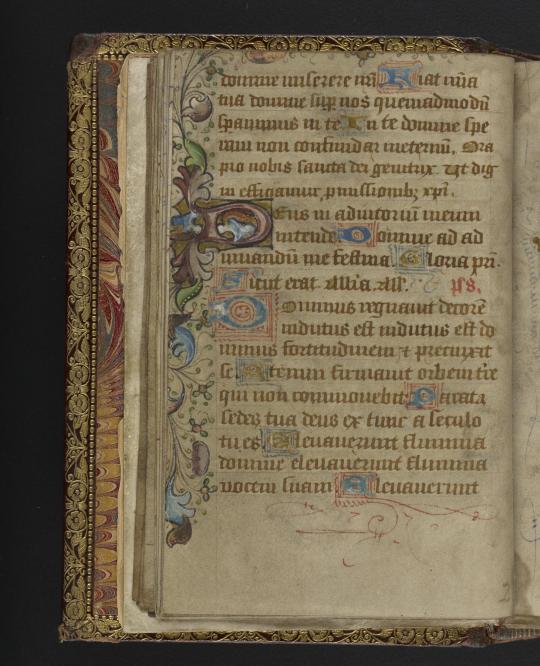
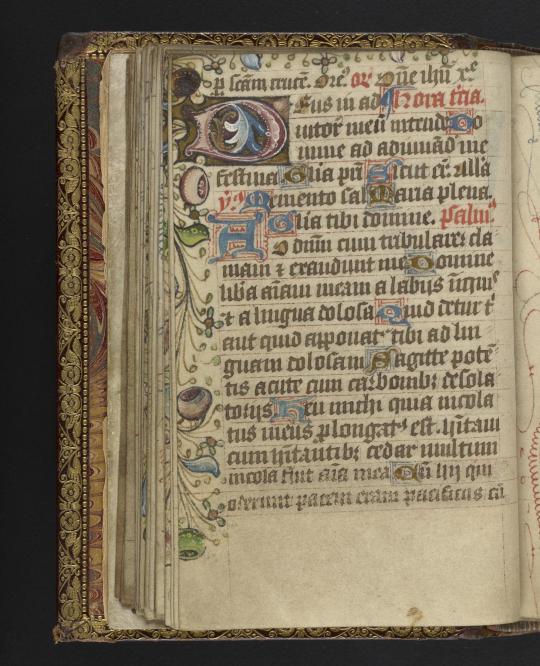





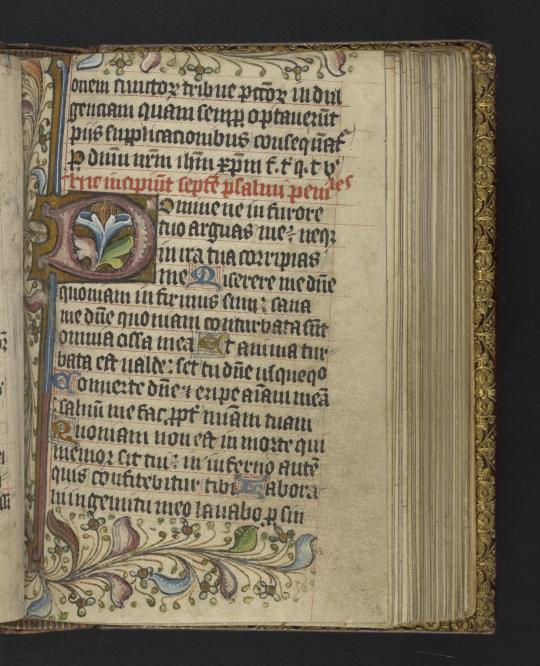
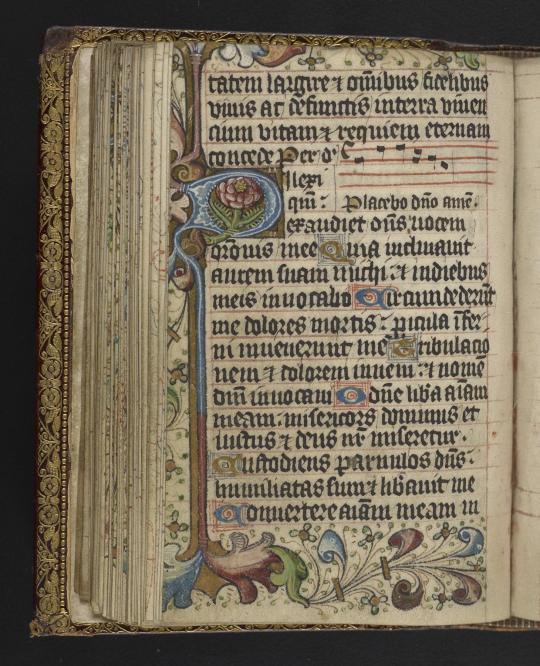
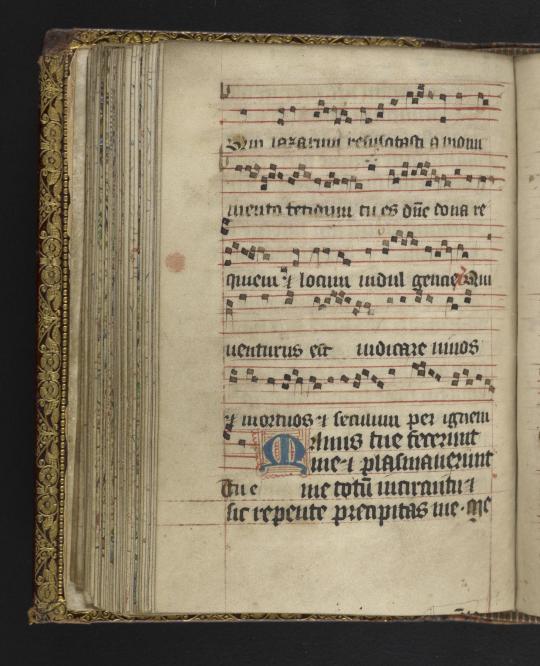
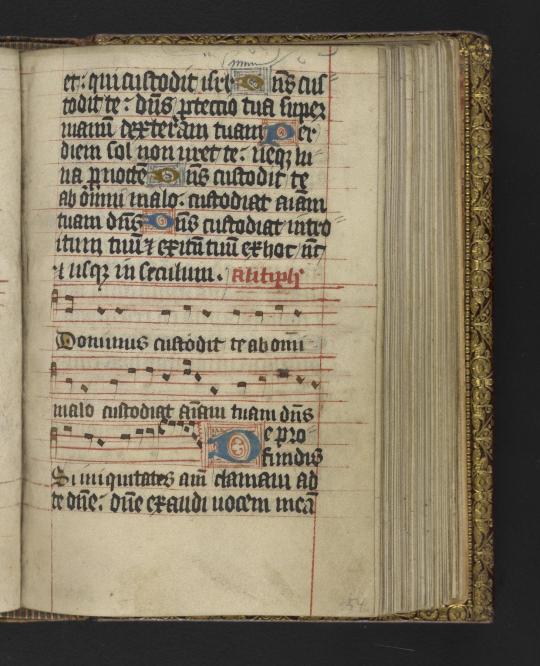

Today's #YearOfHours #BookOfHours is Ms. Codex 1063, produced in England, probably London, perhaps for a member of a religious confraternity or community. The musical notation in the Office of the Dead is unusual, as is the absence of the prayers Obsecro te and O intemerata.
🔗:
#medieval#manuscript#illustration#illumination#15th century#book of hours#year of hours#england#london#sarum#music#musical notation#neumes#book history#rare books
280 notes
·
View notes